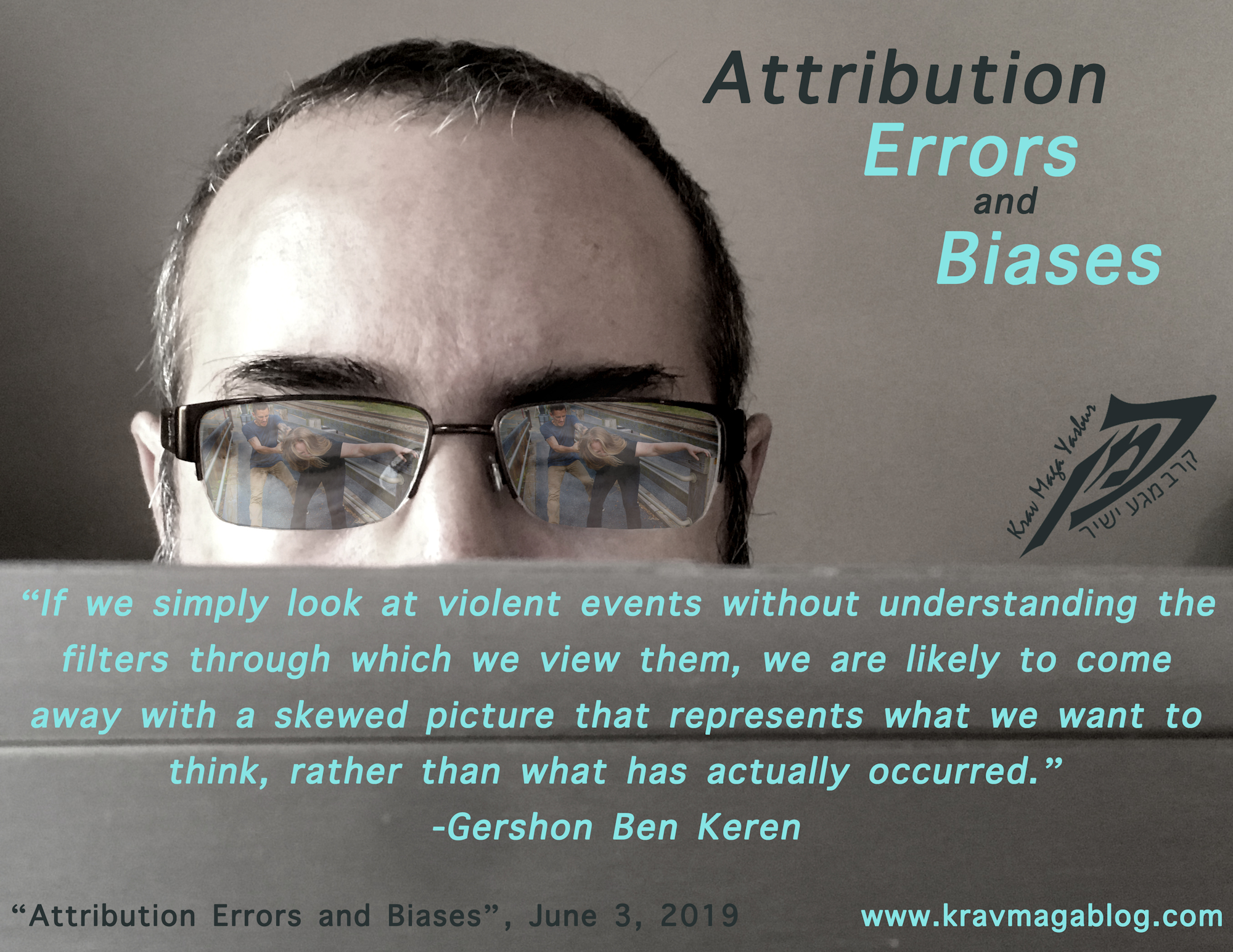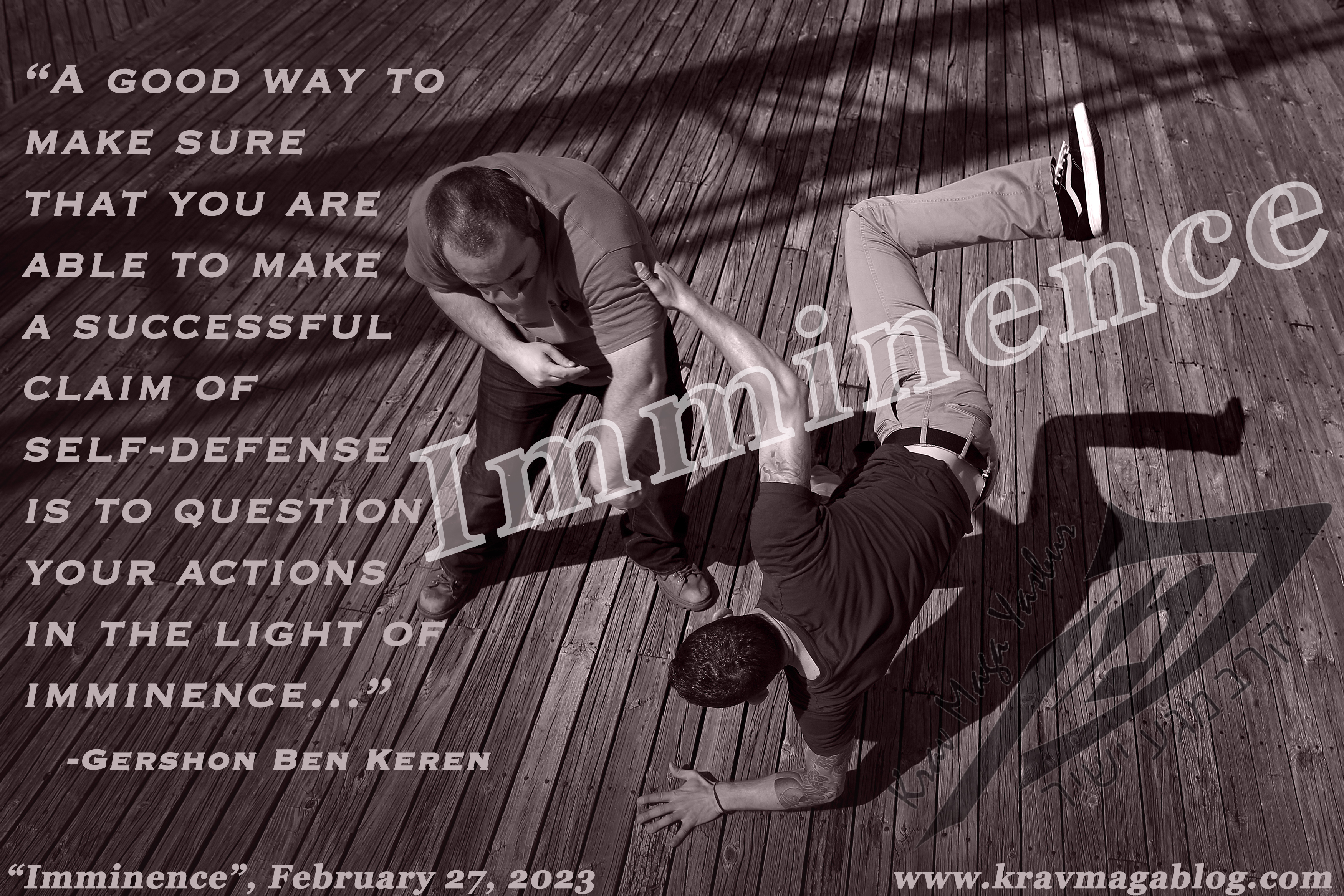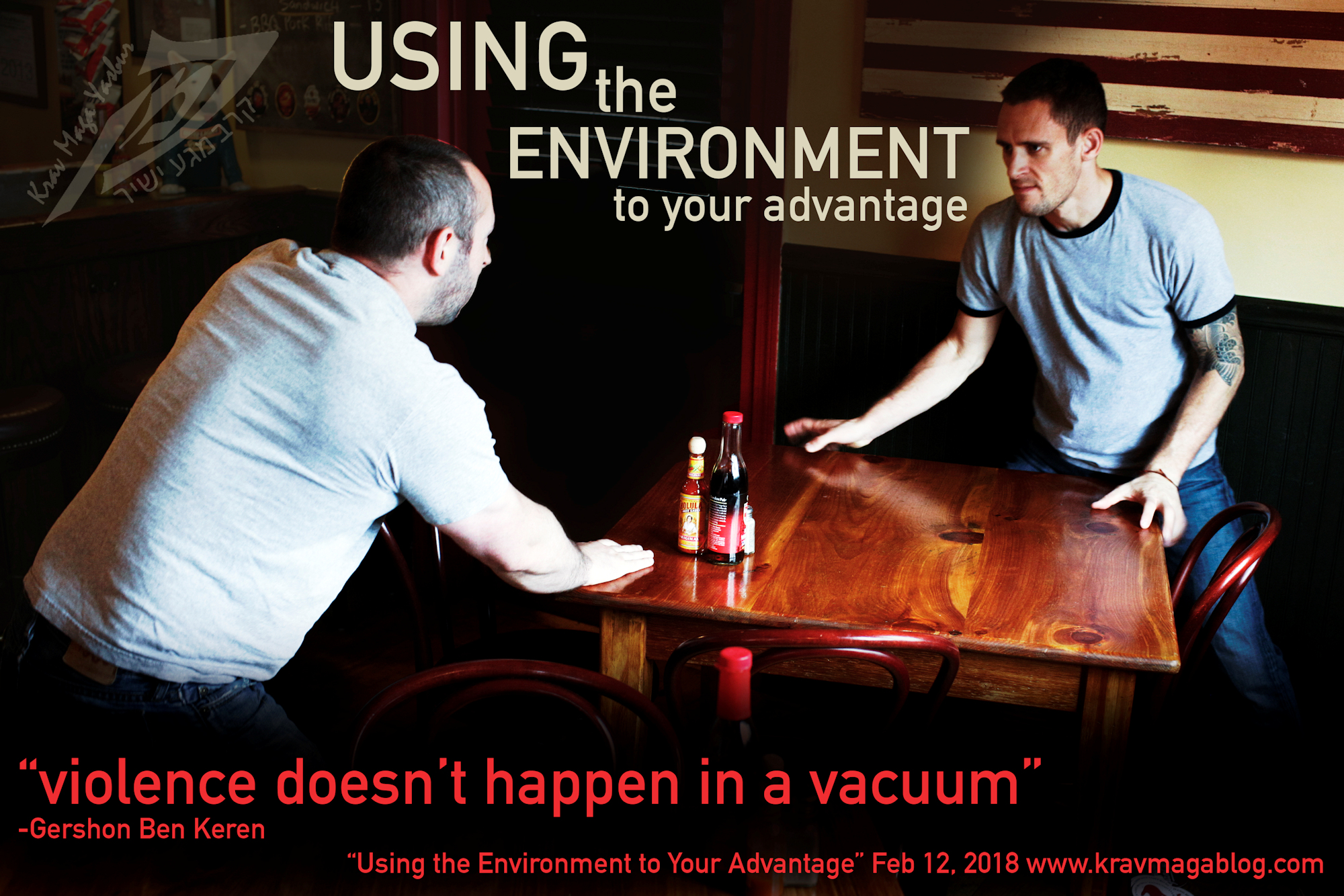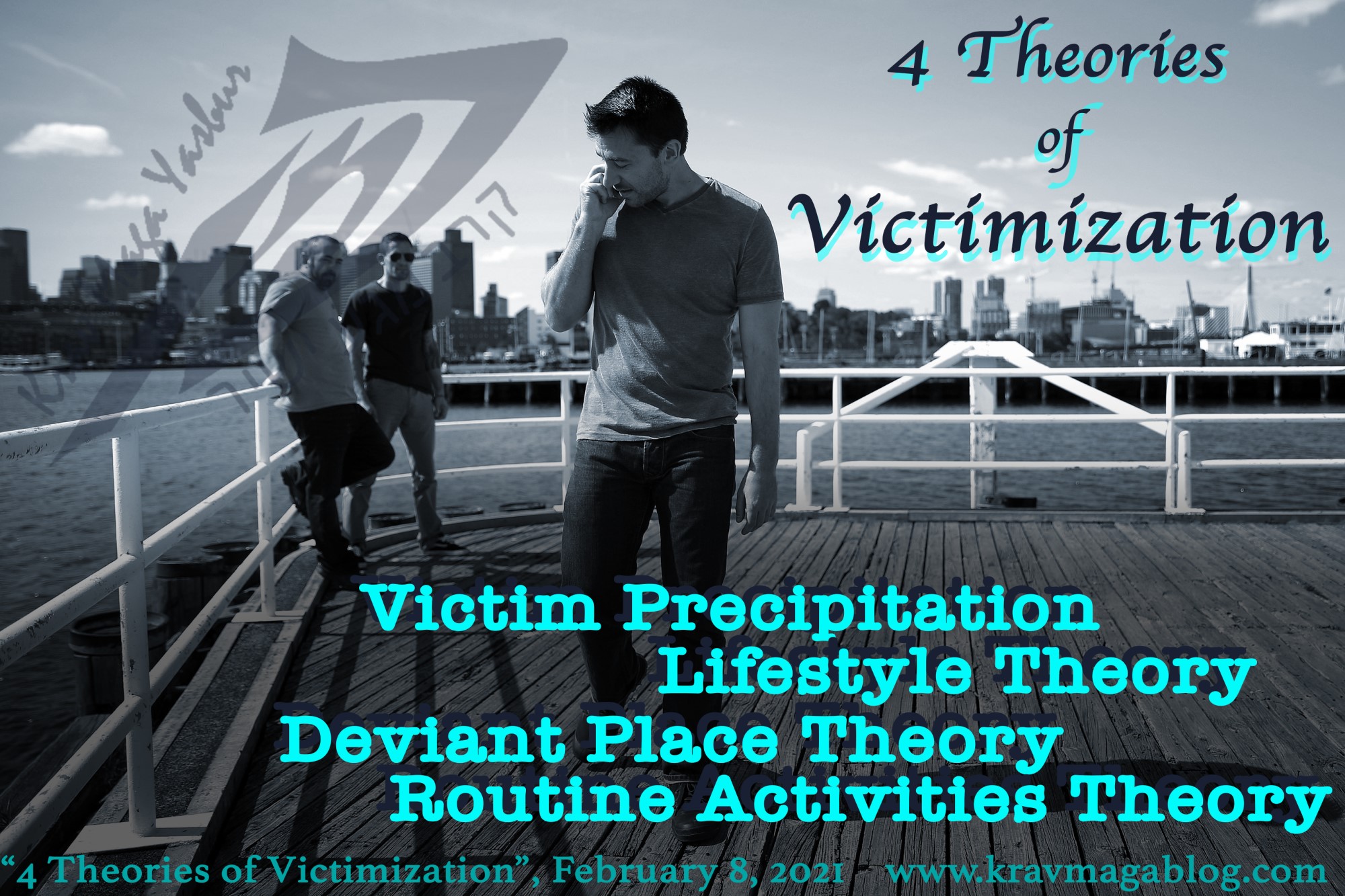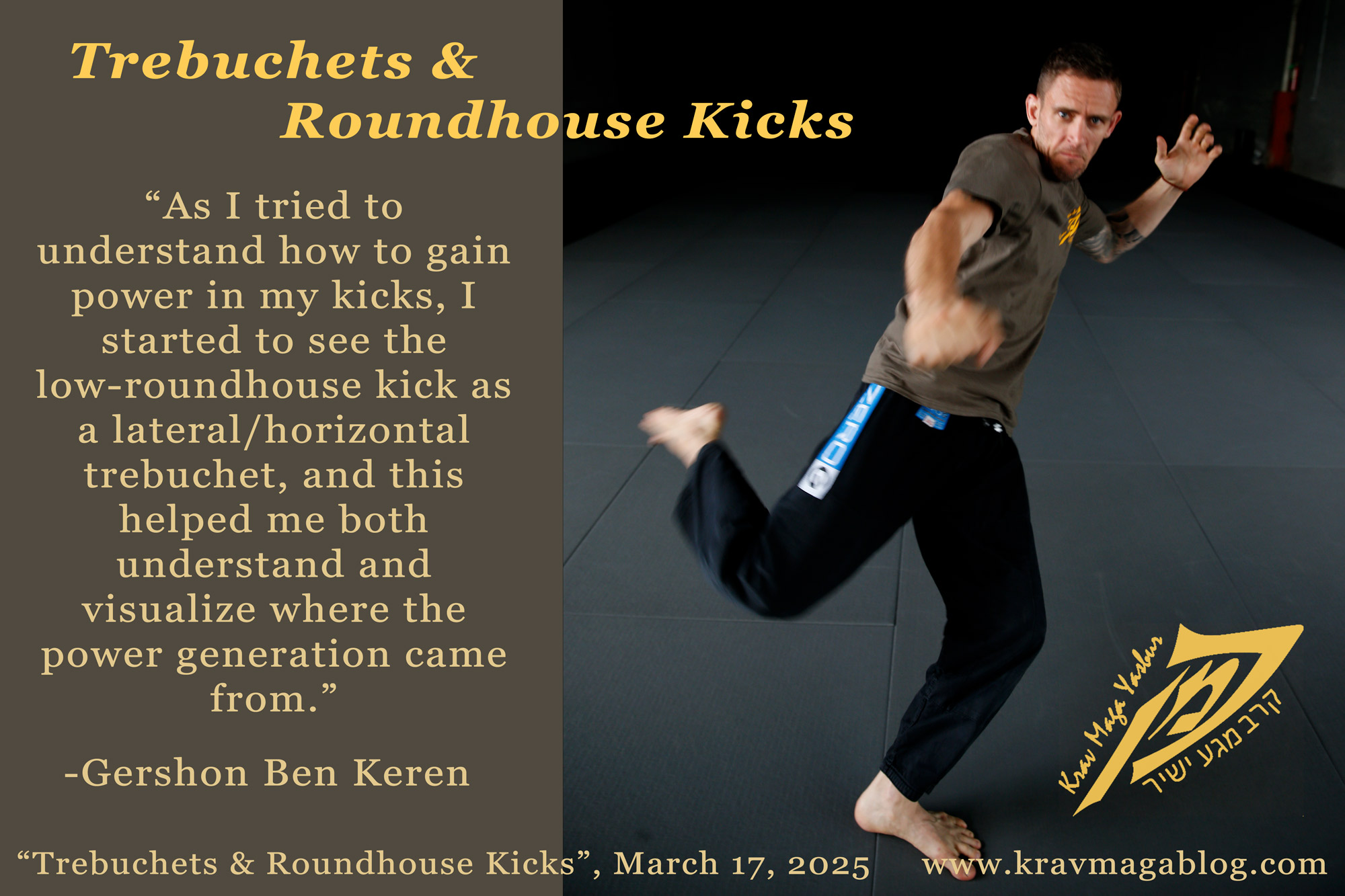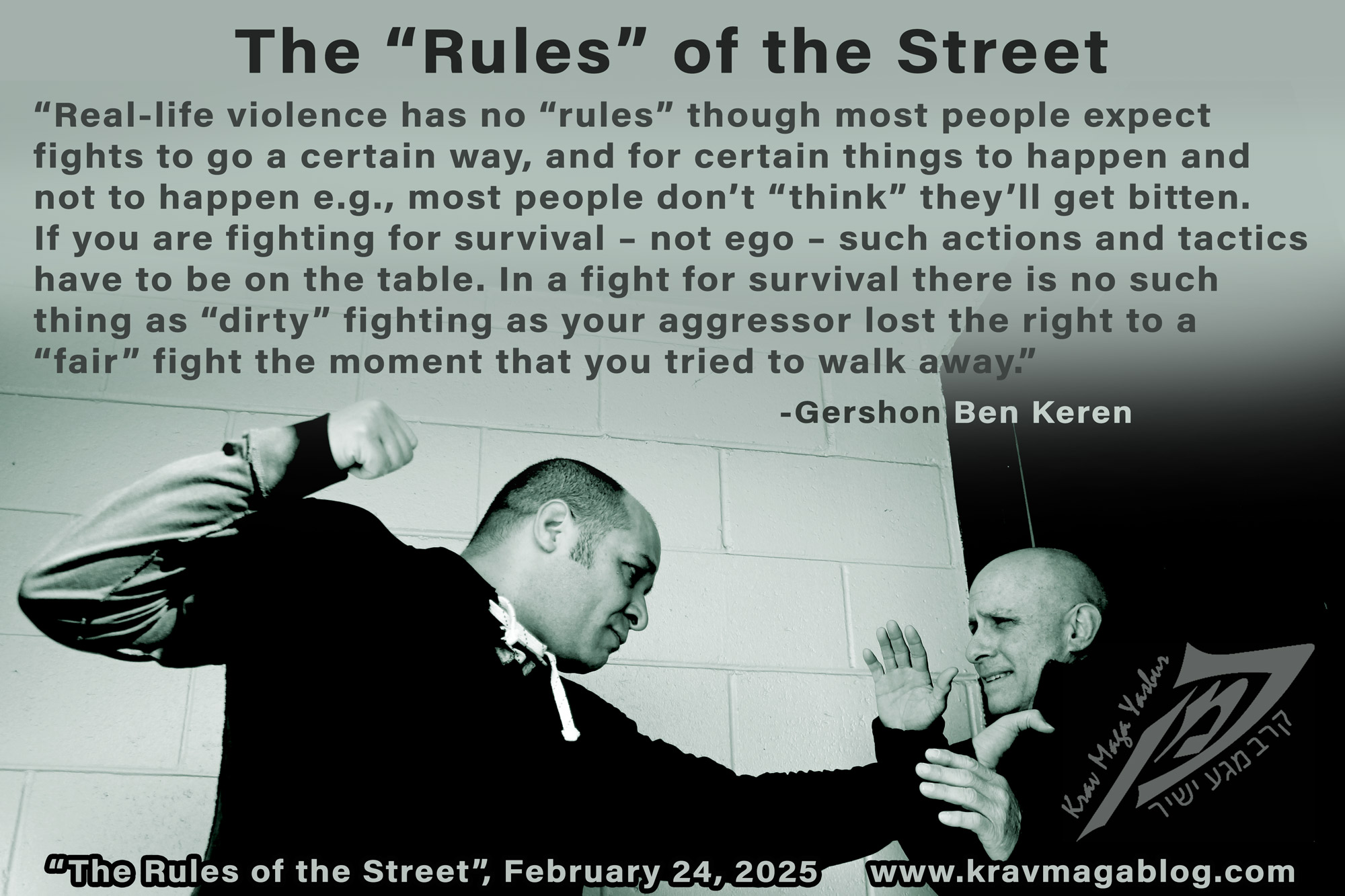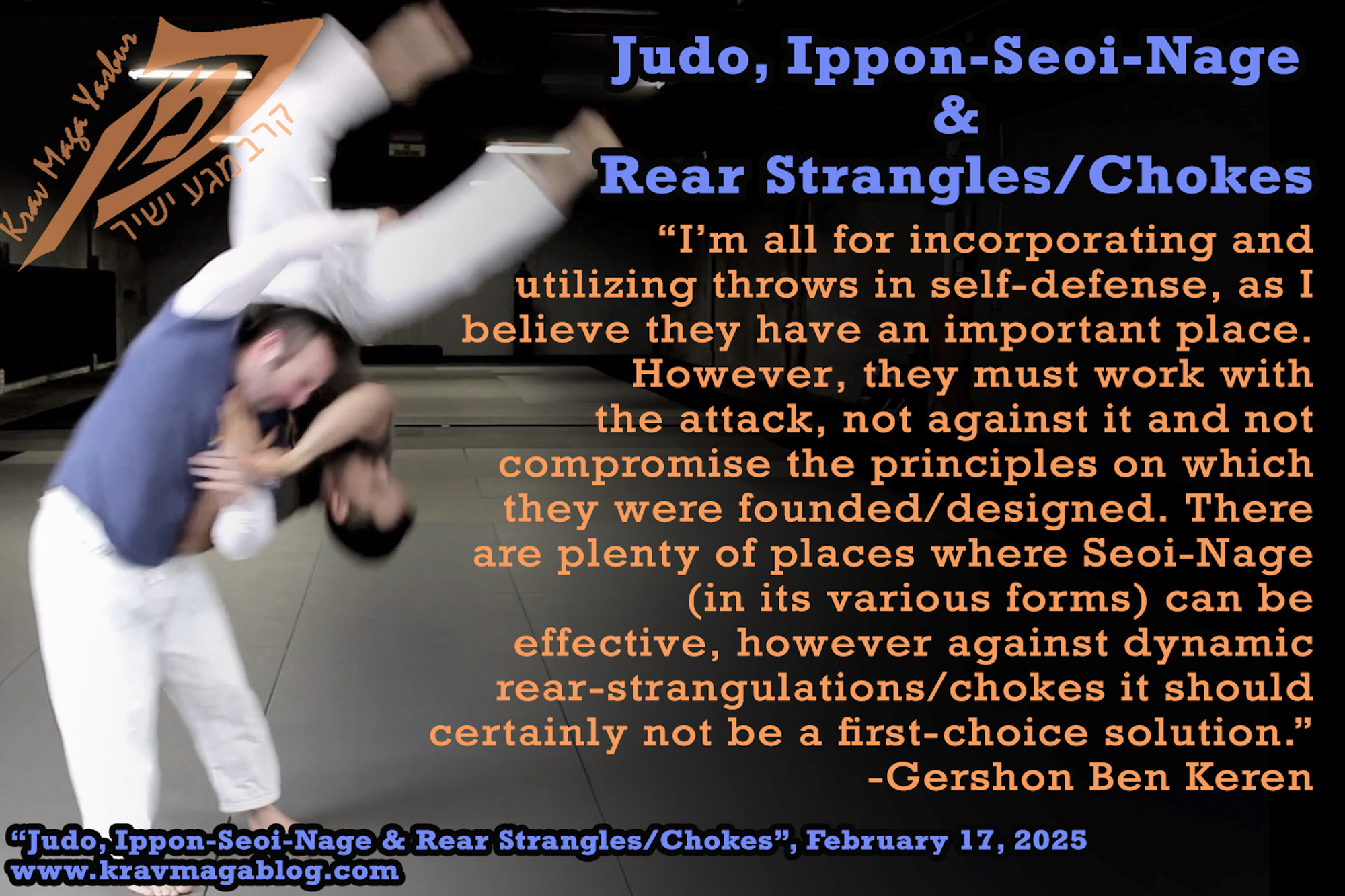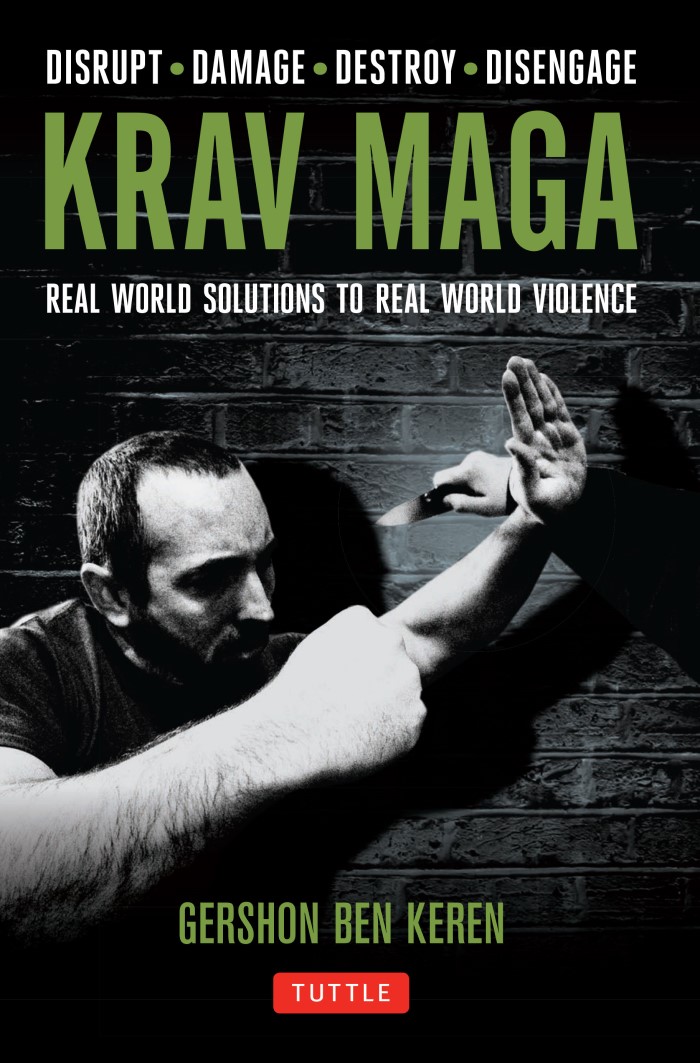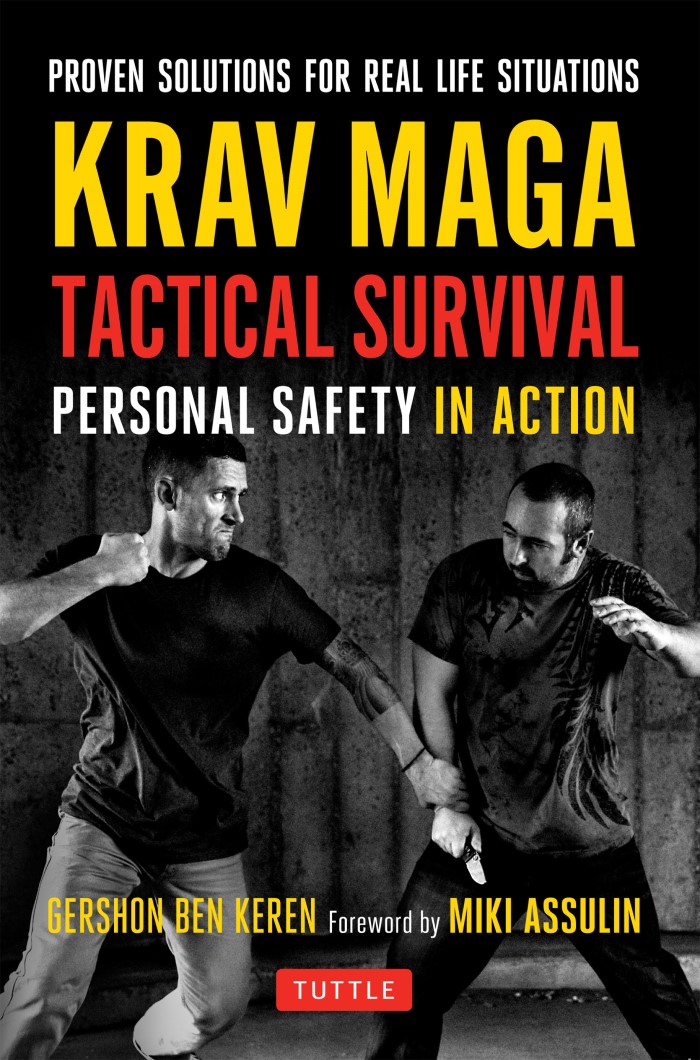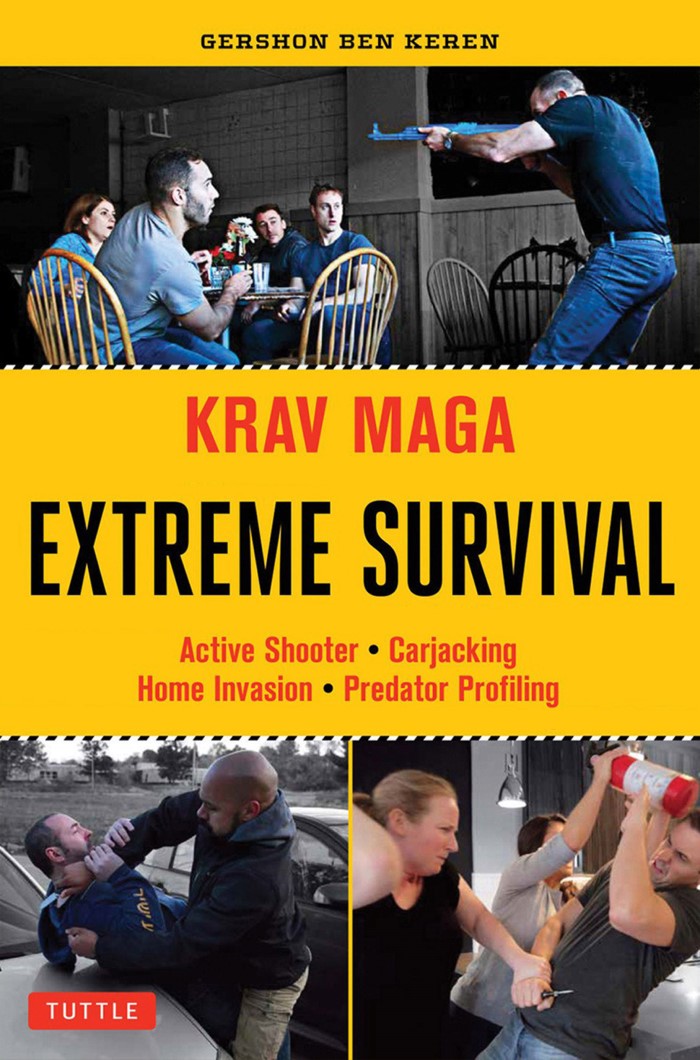Sink, Swim or Float?, is an article written by Gershon Ben Keren, a 5th Degree Black Belt in Krav Maga, who teaches Krav Maga in Boston, MA. He has also authored three Amazon best-Selling Books on Krav Maga.
Most of us, including myself, have never been involved in an accident at sea; however I’m fairly sure what I’d do if I was, or at least if land was in sight: I’d swim. I’m a pretty good/strong swimmer, and I’ve swam all my life. However in most disasters at sea, trying to swim to land, or swim at all would be the worst thing I could do. The issue is that 95% of my swimming experiences have been in swimming pools, where the temperature is regulated, there are no currents, and land is always a predictable distance away i.e. I can calculate the energy required to make it to the side. Even though I have what seems an obvious survival skill, when in water, it is not always the most appropriate solution for every situation I find myself in. If I’m in a boat 4 miles from shore, that goes down – especially at night – the chances that I’d be able to make sense of the coast line (it’s not just getting to land, it has to be a piece of land I can actually get on to) is low, the chances that I’d get lucky with the currents is low, and the chances I’d exhaust myself and get hypothermia are high. Having a skill, strategy, or method that has been demonstrated in one environment doesn’t mean it’s an effective solution for every situation. My much better survival strategy in such a disaster is to grab something that floats, and hang on to it conserving my energy. A person who doesn’t know how to swim, may adopt this strategy much quicker than I would.
Young children are often better at surviving wilderness situations than adults. Adults have an understanding that there is a world beyond the horizon; that there is something to get to farther than they can see. Young children don’t; their world ends at the horizon. This means that they don’t madly run forward hoping to get to something they can’t yet see, meaning they conserve vital energy. They also tend to eat when they’re hungry, drink when they’re thirsty and sleep when they’re tired, all sensible things to do that adults often forget in their hurry, not to solve the immediate problem (hunger, thirst or tiredness) but to solve the greater problem; getting to whatever destination they’re heading to.
I see people in training follow the same path, especially when performing weapon disarms. The first/immediate issue when dealing with a threat by an armed assailant (as opposed to an attack, where they have already demonstrated their intent to use the weapon), is to give the assailant every reason not to use the weapon, to let them feel they are in control of the situation, and whatever demands they have of you – even if you have no intention of acquiescing to them – will be met. A person who shows you a weapon, deliberately letting you see it, either has an alternative option in mind to using it, or is not yet in the emotional place to do so. Putting your hands up and demonstrating that they are in “control” of the situation is an obvious way to do this; in almost all situations barring an assassination attempt. It is also a good way to prepare to disarm. Somebody who is untrained may not see disarming as an option and so acquiesce to the assailant’s demands, if this involves handing over a laptop or wallet etc. this is probably their best survival option. Someone who know how to disarm may unfortunately consider the disarm before they consider acquiescence – they are the individual who tries to swim to shore before considering other “safer” and more “realistic” options (are their times to disarm? Absolutely, but every time?).
The person who rushes the disarm before trying to make themselves safe, is like the person lost in the woods who is rushing the situation before meeting their immediate needs. Putting the hands up and slowing the situation down, so that you are more likely to succeed, rather than rushing ahead is a much better way to go. Are there times to perform “immediate” disarms? Of course there are, just as there are times to swim to shore, rather than simply look to float, however just because we can perform a disarm doesn’t mean we should – the situation determines the solution, and we should have a realistic understanding of the situations and environments we find ourselves in rather than simply believing and trusting in a skill we have to work in all situations.
0 COMMENTS